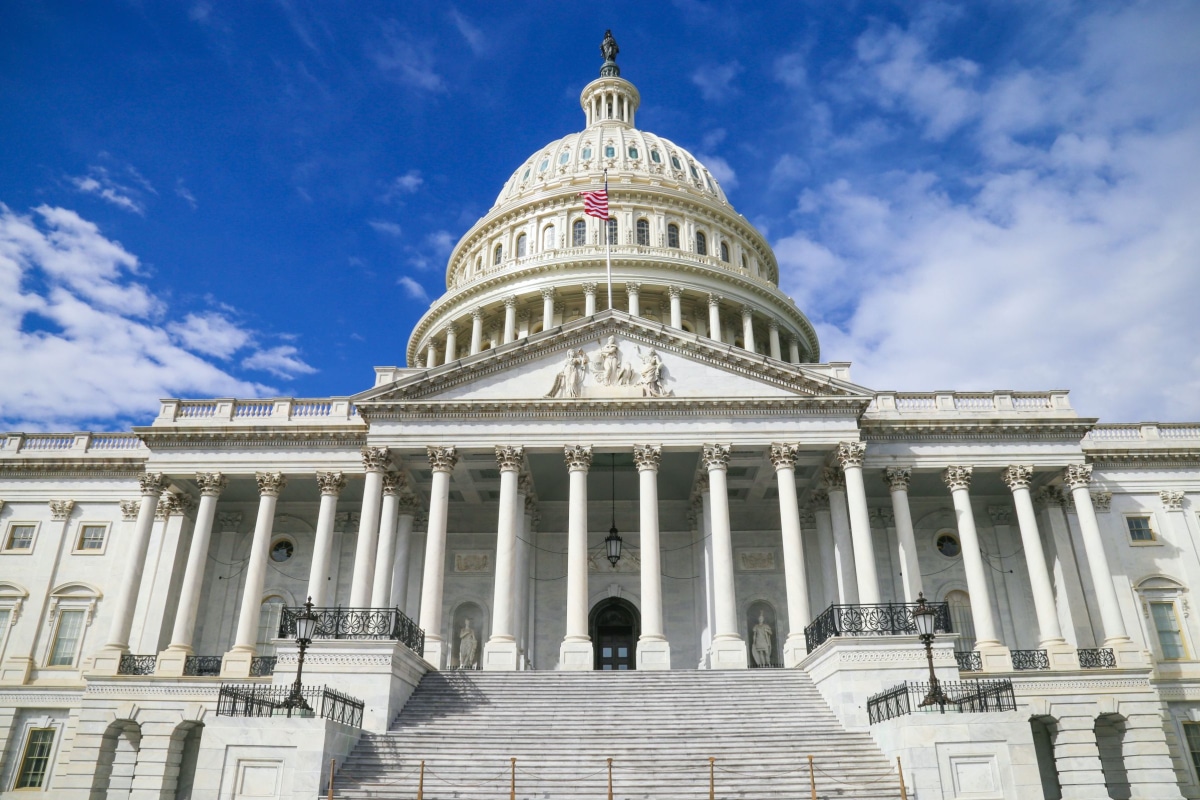I am sharing with you some of the information the Life Insurance Marketing and Research...


Déjà vu all over again. We have been here before, specifically in 2011. I am referencing a debt ceiling crisis, or so says the news. Here we are once again facing the same issue.
First, what is the debt ceiling and why does the U.S.A. have a need for one? Originally, and this is a bit simplified but for the sake of space I will be succinct, our constitution gave congress the ability to borrow money. That was part of the legislative branch. Congress then gave the executive branch the right to borrow money without the approval of congress in extraordinary circumstance, like wars. Bottom line, both the legislative and executive branch wanted our country to run efficiently without the need to always run back to congress for approval during times of urgency.
That led to the first cap back in 1939 on the amount of borrowing. It was a way to allow the government to run during unusual times, again like wars, but put a “ceiling” on our debt for checks and balances. To summarize, congress was responsible for the amount of borrowing and then congress gave the executive branch a little leeway but put a ceiling on the overall debt level to ensure checks and balances.
Since 1939, congress has had to raise the debt level 102 times. This isn’t some new phenomenon. They are usually resolved rather quickly and quietly. There are the exceptions though, the last big one being in 2011. I will address this later.
Even considering the exceptions, there is very little chance our politicians will let us default on or credit. That would be catastrophic. Moreover, don’t forget if the U.S. defaults, not only do payments for social security stop, the salaries for our congresspeople also stop. What are the odds our congresspeople let a situation transpire in which they themselves don’t get paid? A real default really isn’t a concern I give two seconds thought to at this point.
There are, however, risks beyond a complete default on our debt obligations. There could be a brief or even prolonged “default” in which we really don’t default on our debt obligations but the debt ceiling isn’t raised either. One way, which President Biden has threatened to do, is just ignore the debt ceiling. This would lead to the entire ordeal to be decided by the judicial system in regards to whether the debt ceiling or the President’s actions are unconstitutional. I am sure that would be a prolonged ordeal.
There is little chance that our country defaults on our debt yet this ordeal could be prolonged even past the date we officially cross over the debt ceiling. If that happens, we should expect significant grandstanding and finger pointing by our politicians and fear mongering by our press. There will be talks of social security payments not being made and government employees not being paid. This will create volatility in the markets. At the end of the day though, just like in the past 102 times, including 2011, a deal will get done and spending will continue to increase, and life will go on. Social security payments will be made and government employees will be paid.
However, the markets do not like uncertainty. Expect volatility. The last major debt ceiling crises we faced was in 2011. Per Barron’s, the S&P 500 dropped 19% during that crisis, yet a deal was signed, and the markets rebounded approximately 20% over the next 12 months. Volatility creates opportunities.
The more things change, the more they stay the same.